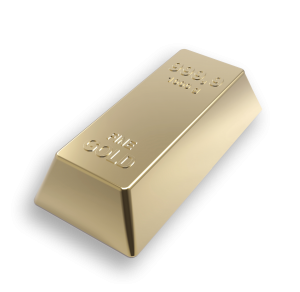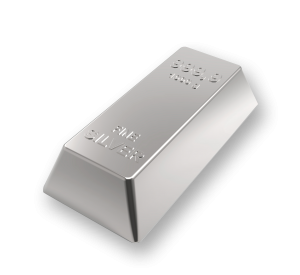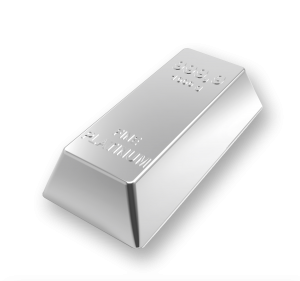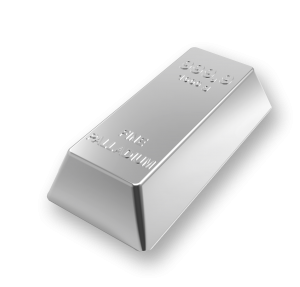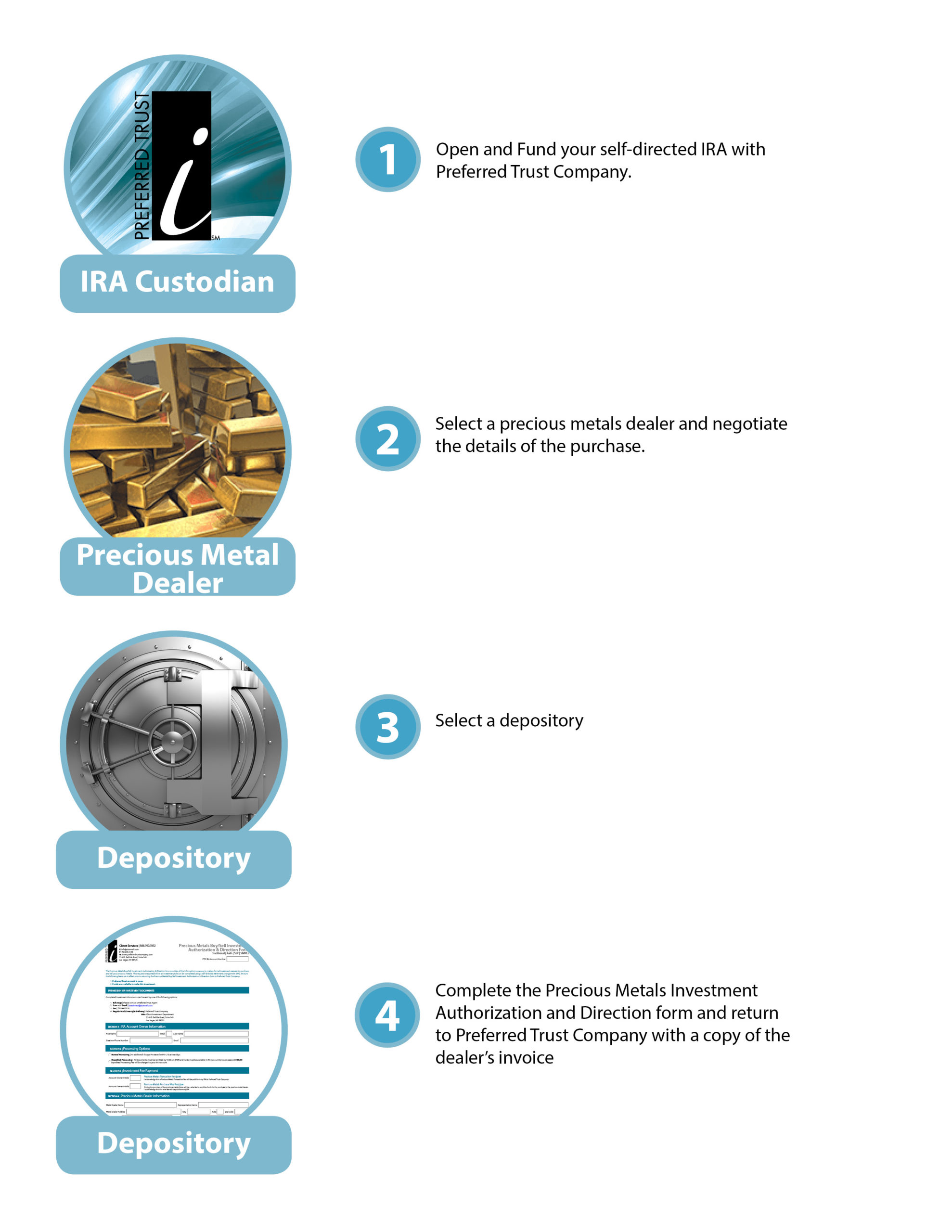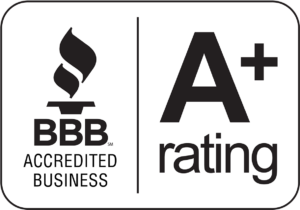Digital Currency is an alternative investment that many consider as a hedge against inflation, much like precious metals, and for its diversification from the conventional market. Self-Directed IRA (SDIRA) custodians, like Preferred Trust Company, are licensed to custody the investment. Below are the steps required to invest:
Invest in Digital Currency with Your SDIRA:
- Step 1: If you are not currently a Preferred Trust client, you need to open a Self-Directed IRA account. If you are going to work with a cryptocurrency broker dealer you can open up a standard SDIRA. If you feel that you are knowledgeable and experienced (emphasis on experienced) enough to invest in cryptocurrency without the help of a broker dealer, you can open an IRA LLC SDIRA account. In this scenario, you will need to complete an IRA application as well.
- Step 2: Rollover or transfer your assets from another qualified account and/or make a contribution to your account so you have funds to invest within your SDIRA.
- Step 3: If you are working with a cryptocurrency broker dealer, you will work in cohesion with the broker and Preferred Trust Company to purchase, manage, and store your cryptocurrency investments. If you are managing your investments through an IRA LLC, then you can engage in a cryptocurrency exchange to buy, sell and store on your own terms once your IRA is open and your LLC is funded.
How is the cryptocurrency stored?
Storage depends on the SDIRA custodian and if you invest through a broker dealer or an IRA LLC. For example, at Preferred Trust Company, if you invest through a broker dealer your cryptocurrency is stored on a ledger device*. Your “private” key will be placed in segregated, cold storage at an undisclosed depository, unbeknownst even to you to provide an additional layer of security to your asset.
When you invest through an IRA LLC, it is up to you to store your asset in a secure location, whether it be hot or cold storage through a 3rd party (it cannot be held by you personally).
* A ledger device is a cold storage wallet. These wallets are dedicated USB devices designed to store and send digital currency offline, which makes malicious attacks almost impossible. These devices have proven to be the best security for long-term investors.
What digital currencies can I invest in?
If you invest with an IRA LLC, you can invest in whatever currencies are available to purchase on the digital platform you choose to invest through. If you invest through a broker dealer with transactions directed by you through Preferred Trust Company, the list below are the digital currencies that Preferred Trust Company will custody on behalf of your SDIRA:
- Bitcoin
- Bitcoin Cash
- Litecoin
- Ethereum
- Ethereum Classic
- Ripple
- Stellar
- ZCash
What should I consider before investing in cryptocurrency with my SDIRA?
- It’s a long-term investment. You must be willing to wait for the market to move.
- You cannot use the cryptocurrency to purchase goods or services.
- The pros and cons of investing through a broker dealer or a checkbook LLC
- Your tolerance for risk
- Performing due diligence on the cryptocurrency broker dealer
- Your knowledge of digital currency
For more education, you can review IRS Notice 2014-21 which describes how existing general tax principles apply to transactions using virtual currency. The notice provides guidance in the form of answers to frequently asked questions. For more education on IRA LLCs and cryptocurrency broker dealers, please review our two blogs, “Achieve Ultimate Control: Alternative Investing with an IRA LLC” and “Cryptocurrency: How to Invest with Your IRA”.


